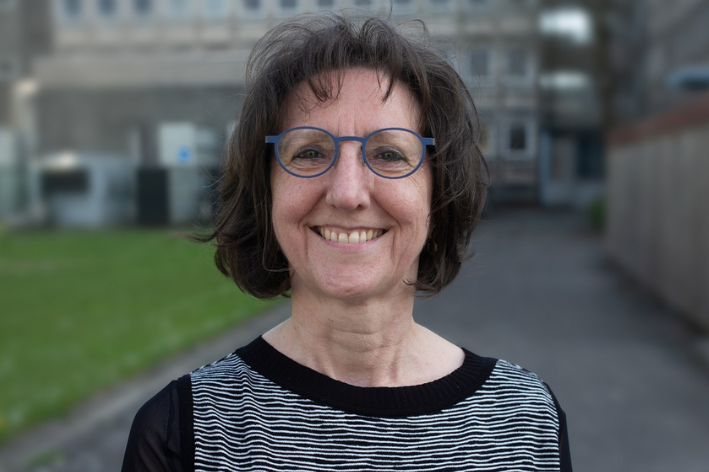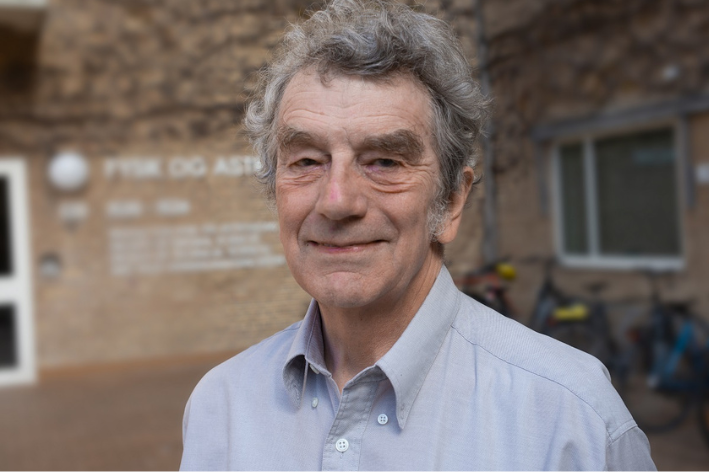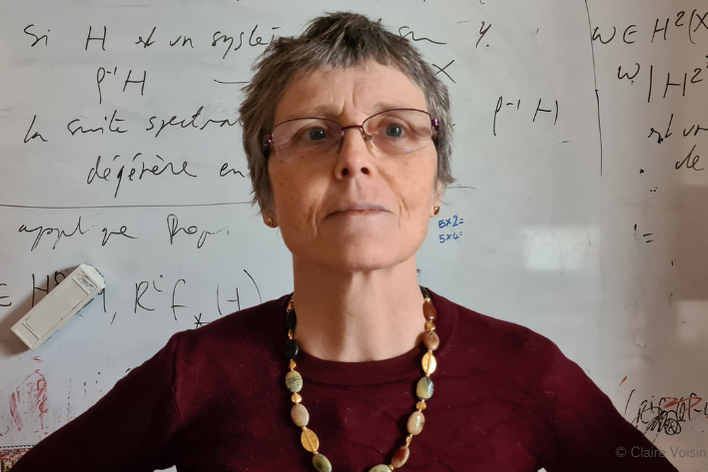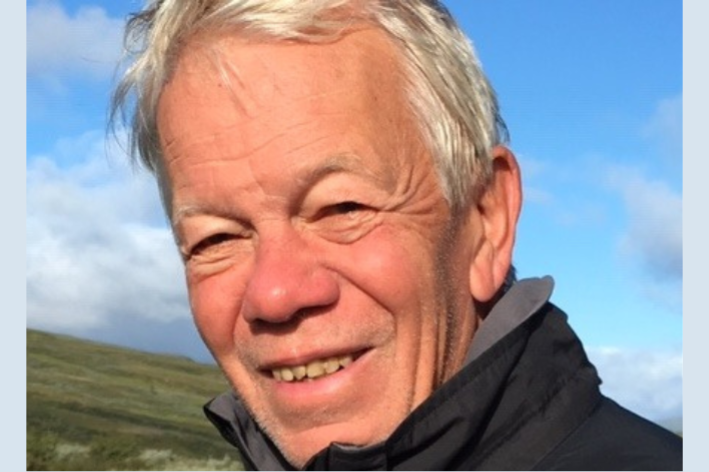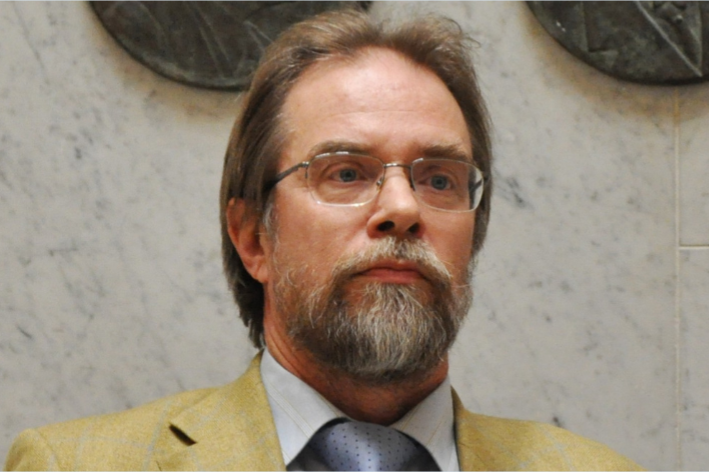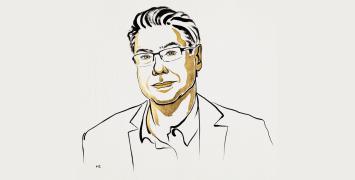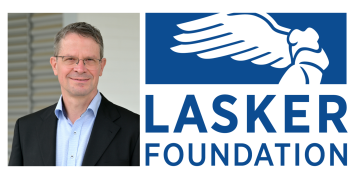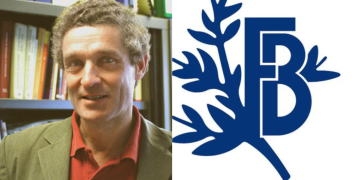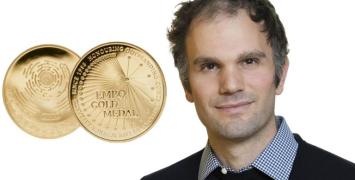The Crafoord Prize is one of the world´s most prestigious science prizes awarded in mathematics and astronomy, geosciences, biosciences and polyarthritis since 1982. It is awarded in partnership between the Royal Swedish Academy of Sciences and the Crafoord Foundation in Lund. The prize sum of SEK 6 million makes the Crafoord Prize one of the world´s largest scientific prizes.
ERC grantees Crafoord laureates
Conny Aerts – Astronomy, 2024
She won the Crafoord Prize in Astronomy in 2024 “for developing the methods of asteroseismology and their application to the study of the interior of the Sun and of other stars.”
Jørgen Christensen-Dalsgaard – Astronomy, 2024
He won the Crafoord Prize in Astronomy in 2024 “for developing the methods of asteroseismology and their application to the study of the interior of the Sun and of other stars.”
Claire Voisin - Mathematics, 2024
She won the Crafoord Prize for Mathematics in 2024 “for outstanding contributions to complex and algebraic geometry, including Hodge theory, algebraic cycles, and hyperkähler geometry.”
Lars Klareskog – Polyarthritis, 2013
He won the Crafoord Prize in Polyarthritis “for discoveries concerning the role of different genetic factors and their interactions with environmental factors in the pathogenesis, diagnosis and clinical management of rheumatoid arthritis”.
Ilkka Hanski † – Biosciences, 2011
He won the Crafoord Prize in Biosciences “for his pioneering studies on how spatial variation affects the dynamics of animal and plant populations”.

